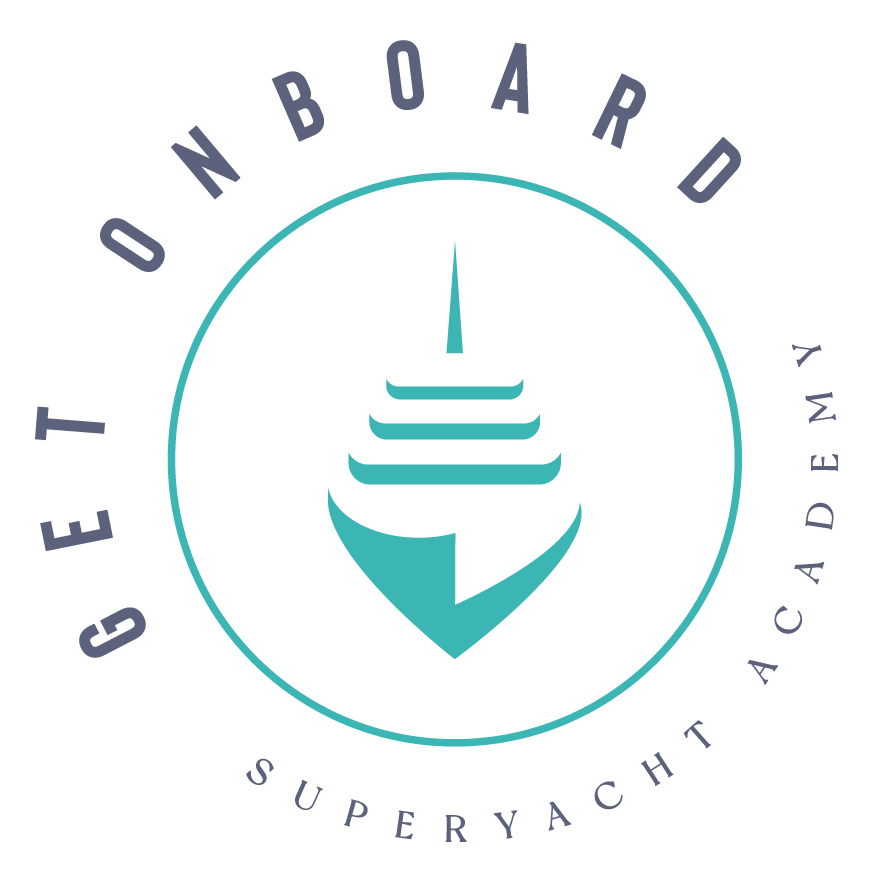Packing your suitcase for a job on a luxury yacht is nothing like packing as a guest. You’ll need to pack light due to limited space, which may seem like a near impossible task if you are a first-timer! We have tips to help you to pack only the essentials.
Choosing a good suitcase, bag or travel backpack
Before you even start deciding what to pack, you’ll need to know what you’re going to be packing your belongings in. Stay clear of hard, square-shape suitcases, which are challenging to store on board. Instead, look for a collapsible bag like a backpack, sports bag, or duffel bag that has wheels at one end for ease of transportation from one point to another.
Shoes
No yachtie could live without flip-flops. You may wear deck shoes while dockwalking, but as soon as you get that job you will live most of your yachting life in flip-flops, or even barefoot.
In addition to your flops, pack a pair of shoes that can be used purely indoors on the boat, like sneakers.
Clothing
Pack only what you need. Storage space in crew cabins is extremely limited – you risk getting off on the wrong foot with your cabin-mate if you try to force masses of clothes into your tiny, shared hanging space. Once the season starts you’ll be wearing your uniform or PJs most of the time anyway. Weather and season play a big role in what you pack. Make sure that what you have is interchangeable and can be layered: a couple of sets of warm clothes and a jacket such as a puffer that can easily be compacted. Bring along some casual summer clothes – opt for a few tops and bottoms in basic colours that you can easily mix and match. A pair of old shorts and t-shirts is always a good idea in case you are asked to do some grubby work during the day.
Swimwear, a beach towel or sarong, and sunglasses are staples. Get sunglasses with polarised lenses if possible, especially if going for a job on deck. Wear a watch at all times to help you stay punctual, as this is a vital aspect of working on a yacht. Pack a comfy pair of track pants and a hoodie for relaxing and watching movies in the crew house. For female crew, a skin-tone tank top or nude undergarments are a good investment as white uniforms may be a bit transparent. Try to pack your clothes as efficiently as possible by rolling each item rather than folding. This not only prevents wrinkles, but creates more space for bulkier items like toiletries and gadgets.
Toiletries
When you get a job on a yacht, you likely won’t have to worry about buying standard toiletries. Many yachts provide the basics like shower gel, toothpaste, toothbrushes, deodorant, shampoo and conditioner, shaving cream, razors and blades (some yachts), sunscreen, and moisturiser. Small travel-size versions of specific brands that you like are useful to make up for the products your vessel doesn’t provide and will tide you over whilst on land. Avoid bringing a truckload of cosmetics and other products to clutter up your cabin bathroom. If you are wearing make-up, consider onlpacking those that don’t take up a lot of space, like a multi-purpose base/BB Cream or moisturiser and mascara.
Supplements
You will be working long hours and it’s important to stay on top of your health. Energy drinks and coffee may work for a little while, but are not a long-term solution. Bring vitamins and other necessary supplements to help you stay in top shape! Of course, if you require any special medication, be sure to check that you have packed those too.
Tech, Gadgets & Books
There are a few tech essentials you may want to pack, as well as things to keep you busy in your off time:
- A USB stick (and a spare) for your CV and other documents. Laminate original documents such as certificates and email yourself scanned copies of these, your passport, driving licence, and credit cards. Get an international driving licence if possible, but this is not critical as you’ll be spending most of your time on the boat.
- A global adaptor plug and an unlocked smartphone you can put a local sim card into.
- A Kindle or other device for reading when you want to hide out in your cabin and get some ‘me’ time.
- If you have a light, small laptop or iPad, feel free to bring it, but make sure that you have travel insurance (health and theft).
- If you enjoy taking photos, a smartphone will have to do. It takes up much less space than a big camera!
- Noise cancelling headphones for watching movies, and/or ear plugs to help you sleep (close quarters) are a good investment.
Tip: Download books or movies before you leave land – you’ll be unpleasantly surprised at how slow the internet on many superyachts is and captains will often restrict your wifi access to preserve bandwidth for the guests.
Personal Items – Sentimental Stuff
Think about small items that will help you relax, feel at home and less homesick when stress runs high. Some ideas include photos of family or friends (remember that the internet might be really slow, or sometimes restricted for crew to use – so you likely won’t have access to Facebook or Instagram), a journal, essential oils, and a sleeping mask.
Nice to Have Items Where Space Allows
For the days where you do get a break, it’s really nice to have your own set of beach basics and equipment such as a snorkel, mask, fins and possibly a wetsuit. Only pack these if you really have the space. You may be able to borrow from another crew member or from the yacht.
A good mantra to help you decide if you should pack something or not, is “when in doubt, leave it out”. We hope that you have fun gearing up for your journey. If you have any questions or queries, or would like suggestions regarding travel bags, get in touch with us, or download our ultimate guide to working on a yacht (which includes all of our personal tips!).


